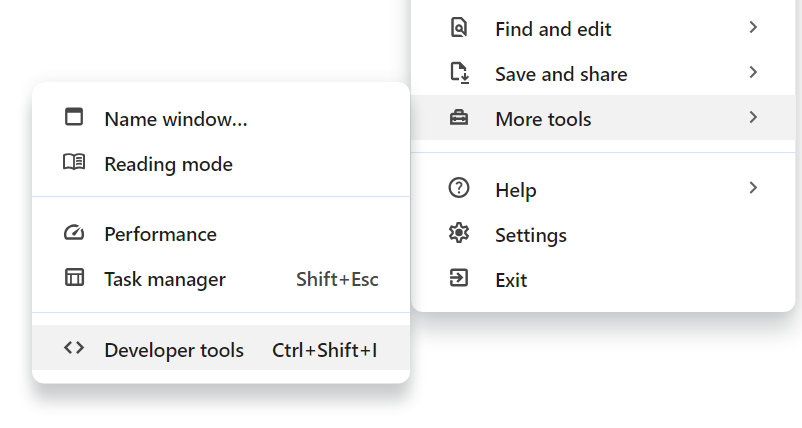If you see an error notification in Session Buddy when trying to open links in a collection, it’s probably because some of the links you’re trying to open require special permission. This notification is most commonly encountered when trying to open local or incognito links.

Local links
Opening local links (i.e., links with URLs that start with file:///) requires the Allow access to file URLs permission to be turned on in Session Buddy’s extension settings.
If this permission is not turned on, trying to open these kinds of links will display a notification letting you know that they failed to open.
To grant the permission, first go to the Chrome Extensions page by clicking Chrome menu > Extensions > Manage Extensions. From there, find the Session Buddy extension and click its Details button. On the Session Buddy details page, turn on the Allow access to file URLs toggle.

Incognito links
Opening links that are in an incognito folder requires the Allow in Incognito permission to be turned on in Session Buddy’s extension settings.
If this permission is not turned on, trying to open these kinds of links will display a notification letting you know that they failed to open.
To grant the permission, first go to the Chrome Extensions page by clicking Chrome menu > Extensions > Manage Extensions. From there, find the Session Buddy extension and click its Details button. On the Session Buddy details page, turn on the Allow in Incognito toggle.

Alternatively, if you want to open links in an Incognito folder as non-incognito tabs, you can change the folder to be a non-incognito folder. To do so, right-click the folder, click Edit, uncheck the Incognito checkbox, and click OK.
Browser feature links
Links to browser features like bookmarks, history, settings, or extensions are never allowed to be opened in an incognito window, even when the Allow in Incognito permission is enabled.




